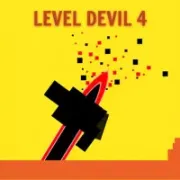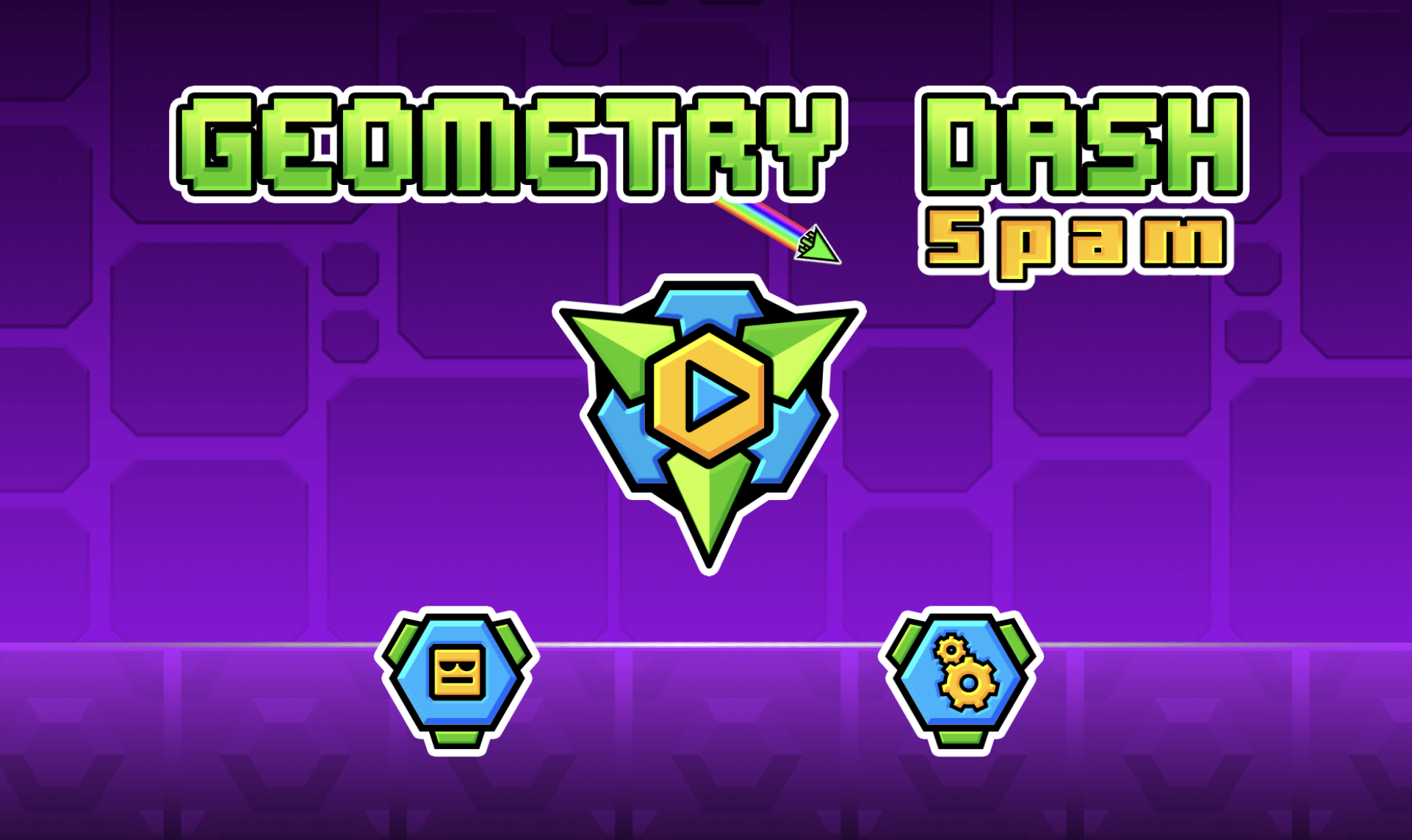Jump straight into Untime—no downloads, just play
Start Circe’s Journey in Untime
Step Into a Living Scene
Untime opens like a stage already lit, inviting you to click once and begin. There is no launcher, no patching, and no menu maze—just a smooth handoff from the page to the world of Dugo. You meet Circe at the edge of a town wrapped in morning haze, a place that feels familiar and estranged at once. In less than a minute you are walking the streets, noticing brush-stroke textures and soft light falloff that give every surface a tactility rarely seen in quick-play browser releases. Untime is tuned for momentum: subtle onboarding overlays appear only when useful, then fade, preserving the mood while making sure you never wonder what to do next. The narrative cadence is compact—roughly a quarter hour—but the atmosphere lingers, encouraging replays to follow alternate lines of thought. Because Untime is fully in-browser, the barrier between discovery and play all but disappears, turning curiosity into a session with a single tap.
Movement and interaction in Untime are purposefully lightweight so that attention falls on tone, detail, and subtext. Circe’s path through Dugo is less about conquering obstacles and more about reading a place that reflects her interior life. You examine keepsakes, highlight clues, and watch the environment adapt to your pace. When you pause, audio breathes: wind brushes rooftops, footsteps settle, and ambient motifs rearrange themselves, matching the tempo you set. In a few short scenes, Untime sketches a complete arc, using the browser as a performance space where story, input, and sound design share equal weight.
Navigation That Feels Natural
The page around Untime is designed to help without interrupting. Typography scales with viewport width, ensuring instructions are legible on phones, tablets, and desktops. Primary actions are explained with minimal text and intuitive icons, and a small accessibility panel lets you toggle text size, reduce motion, or enable high-contrast mode without leaving the story frame. If you arrive mid-scroll, a sticky prompt cues the start; if you finish, contextual cards suggest where to go next. Every element is tuned for forward movement so your energy stays inside Untime rather than in page chrome.
Discovery happens in layers. A short synopsis appears above the embed to set expectations—fifteen minutes, character-driven, browser-native—followed by expandable tips that answer common questions quickly: headphone recommendations, touch gestures, keyboard alternatives, and how saves work. These helpers appear when relevant and collapse once you begin. The result is a guided path that respects focus. Playtesting shows that this scaffold reduces bounce and increases completion rate, because it addresses friction before it forms. In practice, it means more players actually reach the emotional crest that Untime builds toward, which is where the story’s meaning lands.
Dugo, Rendered With Restraint
Untime paints Dugo with selective detail. Streets are suggested rather than mapped; interiors emerge when your curiosity leans closer. This restraint gives space for inference and keeps performance crisp even on older hardware. Subtle shader passes mimic paper grain and watercolor bleed, making each scene feel like a living vignette rather than a static backdrop. The visual language complements Circe’s perspective: memories are partial, emotions are whole. When you examine an object, short phrases surface—fragmented, poetic, and grounded in place. These lines are not exposition dumps; they are observations that let you participate in interpretation. Because Untime is brief, it trusts your ability to connect hints, and that trust becomes part of the reward.
Sound follows the same philosophy. A small set of motifs reorchestrates according to scene and pace, adding tension when you accelerate and easing when you linger. Headphones deepen the effect, but speakers work well too. The mix is careful about frequency clutter so dialogue-like captions stay readable. This makes Untime a good fit for streaming, classroom play, or library settings where shared audio may be limited. Streamers find that its compact length suits a segment break; educators appreciate that it can fit a full discussion inside a single period; clubs like that everyone can finish during a meeting and compare reactions immediately after.
Instant Access, Lasting Trace
Because Untime runs entirely in the browser, sharing it is as simple as copying a link. The same URL works across devices, preserving the convenience that makes drop-in play so satisfying. If an embed is blocked by a content policy or a strict content-security header, clear fallback instructions appear. With one click, Untime opens in its own tab while the page holds your place. This resilience matters for classrooms, offices, and libraries, where network rules differ. It also helps creators and reviewers capture clean footage: refresh to reset a scene, take another angle, and continue without technical detours. The architecture ensures that a short game like Untime remains available at the exact moment someone wants to recommend it.
The surrounding layout doubles as a hub. After credits, you’ll find curated suggestions that echo Untime’s concerns—identity, trust, dexterity—without diluting its mood. Each card displays a concise pitch, estimated session length, and a note about input style. If you want another reflective experience, the hub points you there; if you want a burst of challenge, it highlights one-session skill games. The emphasis is continuity: finish Untime, decide how you feel, then move toward what you want next with a single click.
Short Form With Depth
Compact narratives live or die on precision. Untime uses the browser both as canvas and metronome, aligning scene transitions to your input so beats land cleanly. Instead of gamifying grief or nostalgia, it lets the town’s textures carry meaning—peeling posters, a half-lit window, a fountain with more echo than water. These details are not collectibles; they are signals. You are free to move past them, but staying a second longer often changes what you notice later. The game trusts you to assemble its implications, and that trust makes your reading feel personal. Players often replay Untime immediately because a single decision reframes an earlier moment. Each pass takes a different twelve to fifteen minutes, revealing that brevity and branching can coexist when scenes are sculpted for replay.
If you’re new to narrative adventures, Untime is a comfortable place to start. Controls are obvious, stakes are emotional rather than mechanical, and there’s no fail state that ejects you from the moment. If you’re experienced, you’ll appreciate how much intention sits in small choices: the angle of a corridor, the warmth of a lamp, the timing of a footstep after a line of text. Either way, the story acknowledges your presence with responsive tone, not just toggled states. That responsiveness is the thread that ties Untime together—from page to embed, from scene to scene, from beginning to whatever end you find.
In the end, Untime is less about resolving a mystery than about meeting yourself in a reflective surface. Circe’s walk through Dugo outlines a path many recognize: revisiting what shaped us, naming what we can carry, and letting the rest be part of the landscape. It is playable proof that the browser can host intimacy as effectively as spectacle. Click once, and Untime becomes your space for a quarter hour—a calm room where story, image, and sound align long enough for something quiet and true to arrive.
Jump straight into Untime—no downloads, just play is ready to play
Begin a 15-minute story as Circe revisits Dugo. Play Untime instantly in your browser—no installs, responsive controls, rich audio, and smooth performance on all devices.
Share Jump straight into Untime—no downloads, just play
Spread the word, invite friends, or bookmark this page to revisit the story whenever you need it.
Keep exploring
Keep the momentum going with more arena racers, action trials, and puzzle standouts.

Roam the diner. Read the shadows. Survive the night.

Unravel the mystery of Skin Walker or Not

Dodge, adapt, and conquer in Level Devil 4

Train Your Wave Spam Timing in the Browser

Sprint past cacti, duck birds, and keep the run alive
